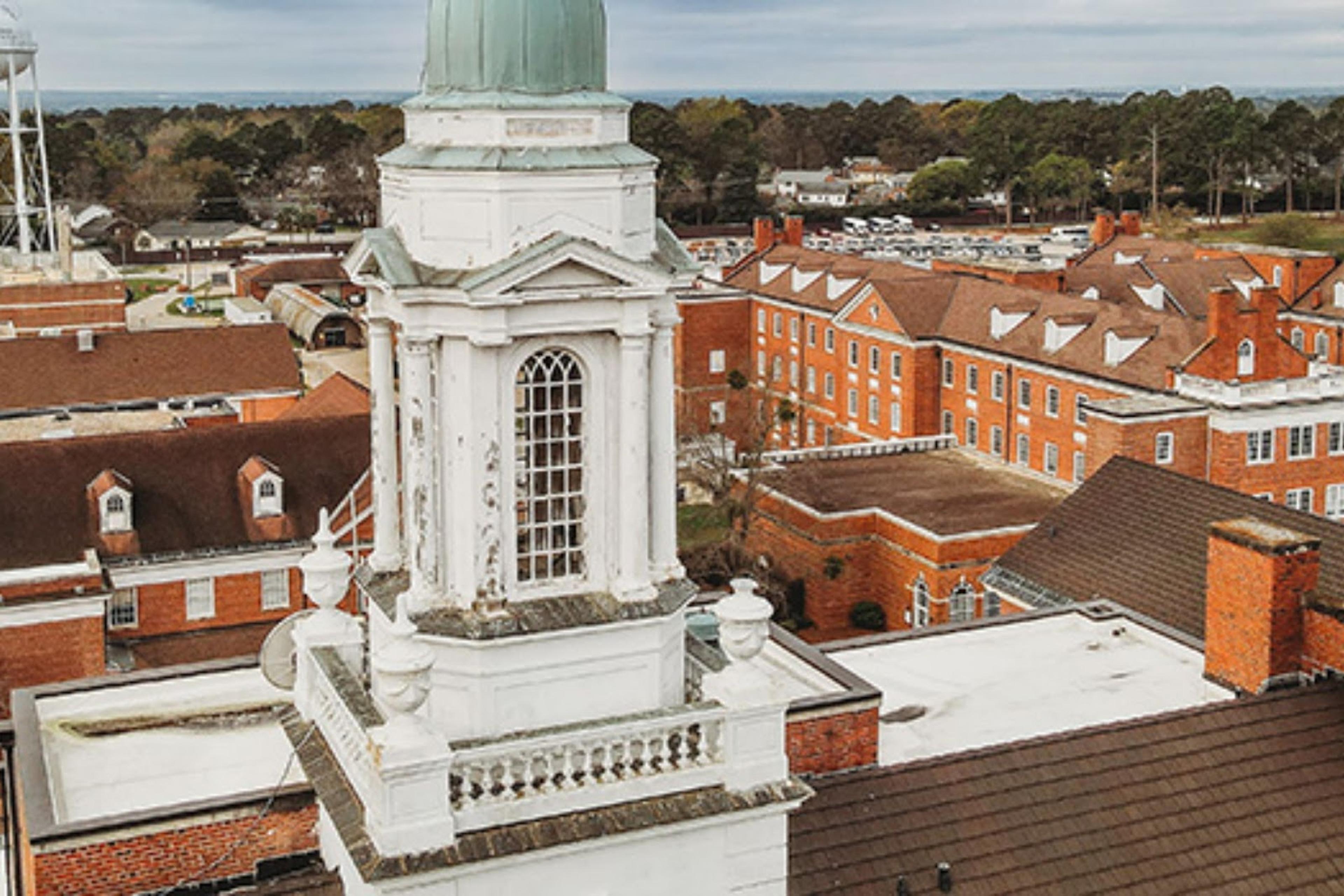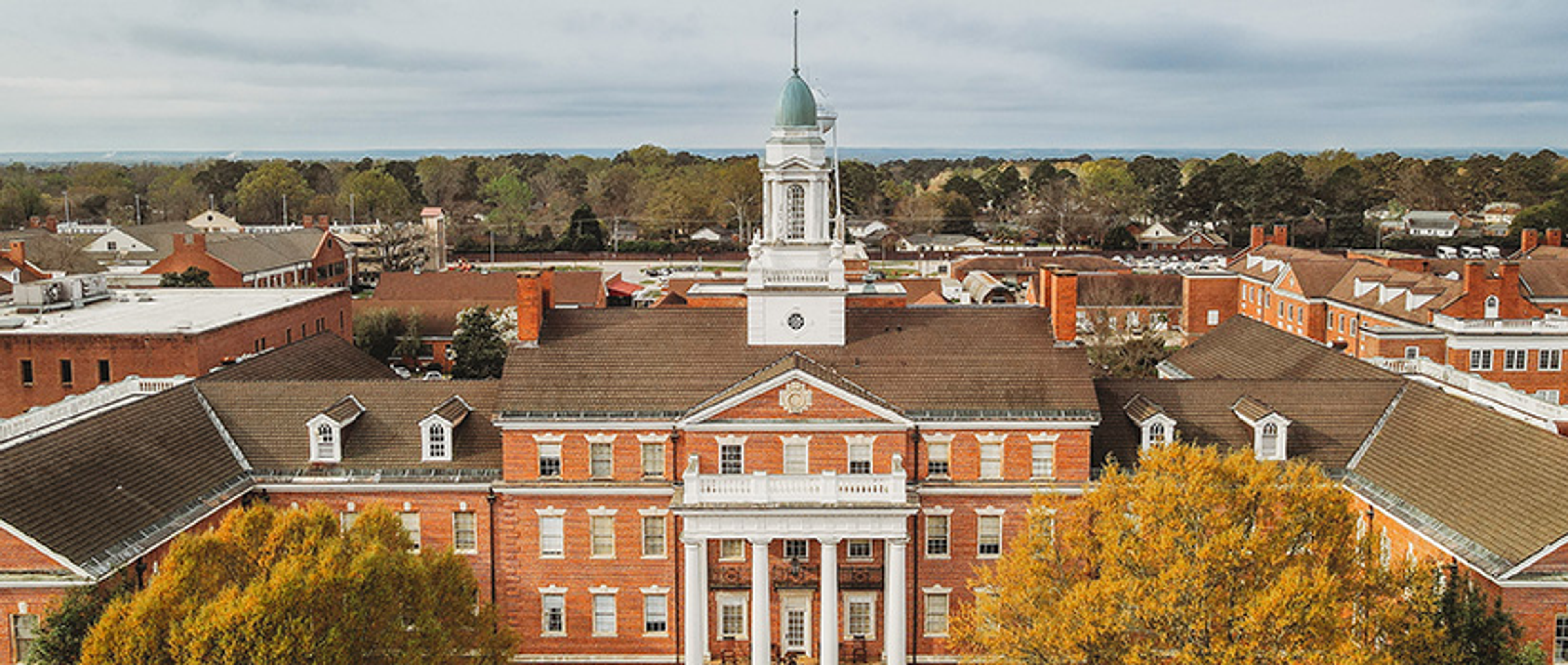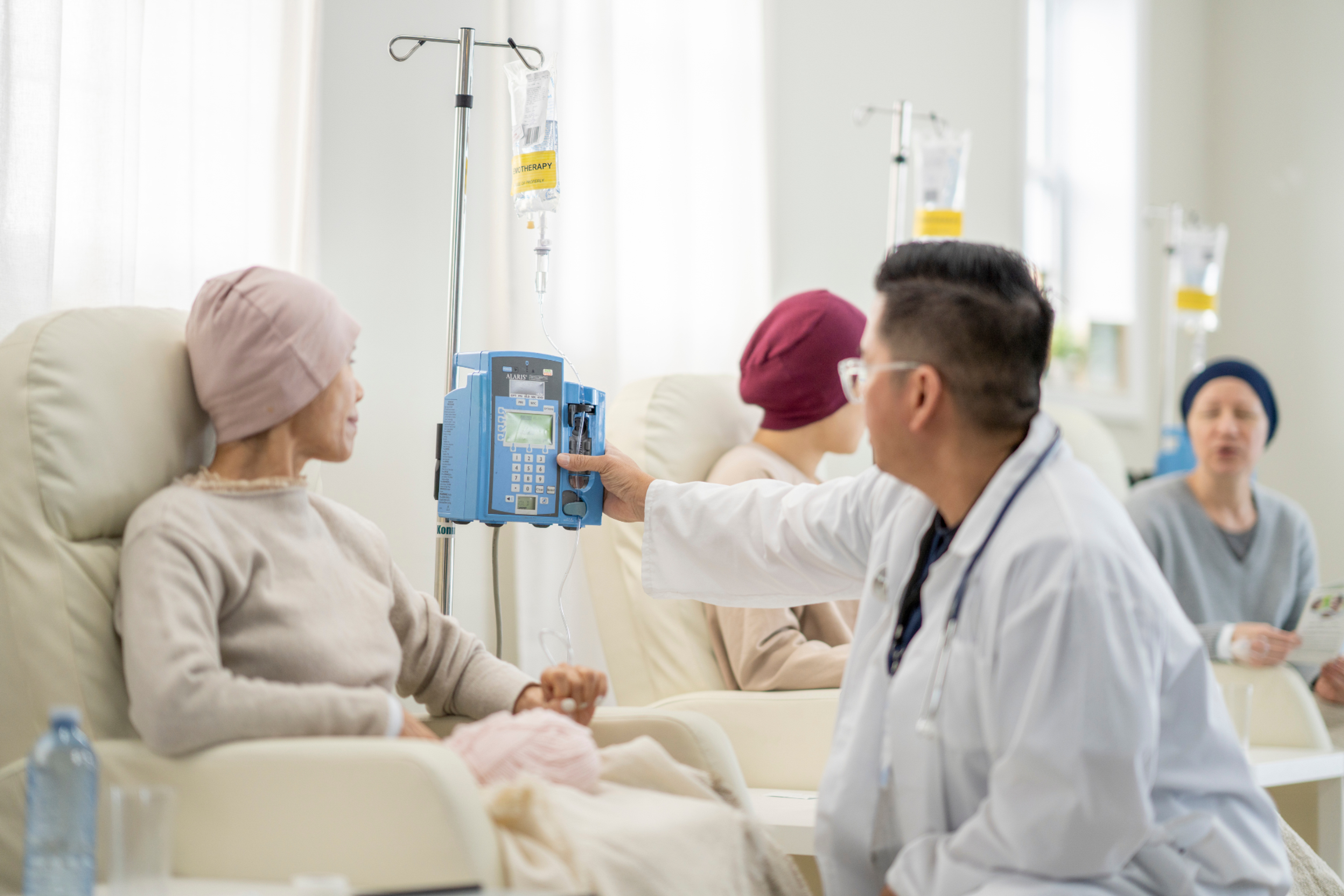How to Get Into University of South Carolina School of Medicine–Columbia (2025)
Learn about the admission requirements, programs, and application process at the University of South Carolina Medical School to guide your journey toward becoming a physician.
Posted July 25, 2025

Table of Contents
Free Event

Featuring Pravesh S.
Secondary Essays Decoded: Your Blueprint for Writing Success
Starting Tuesday, September 9
7:00 PM UTC · 60 minutes

Featuring Pravesh S.
How Hard is It to Get Into University of South Carolina School of Medicine Columbia?
The University of South Carolina School of Medicine–Columbia is one of the four medical schools in the state, offering a premier education in medical sciences. Alongside Medicine Greenville, another branch of the university, the Columbia campus stands out for its focus on primary care, research, and serving underserved communities.
As one of the top medical schools in the nation, Admission to the University of South Carolina Medical School is highly competitive. For the Fall 2023 entering class, the school received 2,858 applications and admitted 100 students, resulting in an acceptance rate of 3.5%. As a public institution, the school prioritizes in-state students, with 75% of matriculants from South Carolina and 25% from out-of-state.
In the 2024 rankings, the medical university is listed in Tier 3 for Research and Tier 2 for Primary Care among other public medical schools too, emphasizing primary care, service to underserved communities, and community engagement. The school is known for its focus on cultivating skilled physicians to address healthcare gaps in South Carolina medical schools.

Programs Offered by the University of South Carolina School of Medicine, Columbia
The University of South Carolina Medical School offers diverse programs tailored to meet the needs of prospective students:
- Doctor of Medicine (M.D.) Program: A four-year curriculum emphasizing primary care, clinical excellence, and innovative teaching methods. The school’s flex curriculum integrates basic science, clinical skills, and health systems practice.
- Physician Assistant (PA) Program: Designed to meet the growing demand for healthcare providers, this program emphasizes clinical training and community-based medicine.
- Graduate Programs in Biomedical Sciences: These include Master’s and Ph.D. degrees in biomedical sciences, providing research opportunities for students interested in academia or advanced medical studies.
- Global Health Programs: Offers training and hands-on experience in international healthcare settings, addressing global medical challenges. A feature not always found in other medical schools.
- Clinical Rotations: Beginning in the third year, students participate in clinical rotations across affiliated hospitals and clinics, gaining experience in specialties like internal medicine, surgery, and pediatrics.
- Collaborative Programs with Medicine Greenville: Students can benefit from joint programs between the Columbia and Greenville campuses, enhancing exposure to diverse clinical environments.
- Opportunities in Osteopathic Medicine: While primarily an allopathic school, students have the chance to explore principles of osteopathic medicine through electives and clinical experiences.
These programs reflect the school’s commitment to educating physicians who will serve their communities and excel in their careers.
Admissions Requirements - Who Gets Into the University of South Carolina School of Medicine, Columbia?
The incoming students at the South Carolina College of Medicine–Columbia represent a diverse group dedicated to community service and healthcare improvement. The class typically includes individuals with extensive volunteer experience, strong academic records, and a shared commitment to addressing healthcare disparities.
Admissions Stats: MCAT, GPA & Class Profile
The entering class at the University of South Carolina Medical School is diverse and academically strong:
- Average GPA: 3.78
- Average MCAT: 508
- Gender Distribution: 55% female, 45% male
- Residency: 75% in-state students, 25% out-of-state students
The school also encourages applications from individuals interested in addressing healthcare disparities in underserved communities.
Admissions Statistics
| Average | 25th Percentile | 50th Percentile (Median) | 75th Percentile | Range | |
|---|---|---|---|---|---|
| GPA | 3.78 | 3.5 | 3.73 | 3.95 | 3.0–4.0 |
| MCAT (Total) | 508 | 504 | 508 | 512 | 500–520 |
| MCAT - Biological and Biochemical Foundations of Living Systems | 127 | 125 | 127 | 129 | 122–132 |
| MCAT - Chemical and Physical Foundations of Biological Systems | 127 | 125 | 127 | 129 | 122–132 |
| MCAT - Critical Analysis and Reasoning Skills | 127 | 125 | 127 | 129 | 122–132 |
| MCAT - Psychological, Social, and Biological Foundations of Behavior | 127 | 125 | 127 | 129 | 122–132 |
What MCAT Score Do You Need for University of South Carolina School of Medicine–Columbia?
A competitive MCAT score for the University of South Carolina School of Medicine–Columbia is around 508, which aligns with the average score of admitted students. While there is no strict minimum, applicants are advised to aim for a score of 500 or above to ensure their application is reviewed. Scoring above the median increases your chances of standing out in the competitive applicant pool.
The admissions committee takes a holistic approach, meaning that a slightly lower MCAT score can be offset by strong academic performance, impactful clinical experiences, and a commitment to serving underserved communities. The MCAT is an important component of your application, reflecting your readiness for the academic rigor of medical school.
Bonus: How to Get Into University of South Carolina School of Medicine–Columbia With a Low MCAT
- Focus on exceptional essays and interviews – Use your personal statement and secondary essays to highlight your unique qualities and experiences, such as leadership, service, or resilience.
- Leverage clinical and research experience – Demonstrate your commitment to medicine through impactful clinical roles or research contributions that align with the school’s mission.
- Showcase strong letters of recommendation – Secure letters from mentors or supervisors who can attest to your potential as a physician and your ability to succeed in medical school.
What GPA Do You Need for University of South Carolina School of Medicine–Columbia?
The average GPA for admitted students at the University of South Carolina School of Medicine–Columbia is 3.78. Although there is no stated minimum, a GPA above 3.5 is typically considered competitive. Applicants with lower GPAs should focus on other aspects of their application, such as an outstanding MCAT score or unique achievements in leadership, research, or healthcare roles.
The admissions process at USC-Columbia evaluates candidates holistically, considering academic performance alongside non-academic qualities like leadership, service, and communication skills. Applicants with higher GPAs often demonstrate consistent academic excellence and readiness for the challenges of medical school.
Bonus: How to Get Into University of South Carolina School of Medicine–Columbia With a Low GPA
- Achieve a high MCAT score – A strong MCAT score can demonstrate your academic abilities and offset a lower GPA.
- Pursue post-baccalaureate or graduate coursework – Strengthen your academic profile by excelling in advanced science courses.
- Highlight your unique experiences – Use your essays and interviews to discuss challenges you’ve overcome and the personal growth that has prepared you for medical school.
How to Apply to University of South Carolina School of Medicine Columbia
University of South Carolina Medical School Application Deadlines (2025)
- AMCAS Opens: Early May 2024
- Primary Application Deadline: November 1, 2024
- Secondary Application Deadline: December 15, 2024
University of South Carolina Medical School Application Overview
- Primary Application: Submit through AMCAS with all transcripts and MCAT scores.
- Secondary Application: Includes essay questions tailored to the school’s mission and values.
- Letters of Recommendation: At least three are required, preferably from faculty or supervisors familiar with your academic and professional abilities.
- Additional Requirements: Demonstrated experience in health care, leadership, and community service.
- Application Fee: $100
Letters of Recommendation
Select recommenders who can provide detailed insights into your academic abilities, character, and suitability for a medical career. Provide them with your resume and personal statement to assist in crafting a comprehensive letter.
Secondaries
The secondary application allows you to elaborate on your experiences and how they align with the University of South Carolina School of Medicine Columbia's mission. Use specific anecdotes to showcase qualities such as leadership, resilience, and a commitment to serving others. Submit your secondary application promptly, ideally within two weeks of receiving it, to demonstrate professionalism and enthusiasm.
Interviews
The interview process at the University of South Carolina School of Medicine Columbia includes multiple mini-interviews (MMIs) designed to assess communication skills, ethical reasoning, and problem-solving abilities. Prepare by practicing sample scenarios, reflecting on your experiences, and articulating how they align with the school’s values. During the interview, maintain professionalism and a genuine demeanor while demonstrating your passion for medicine and patient care.
Watch: How to Nail Your Medical School Interview
University of South Carolina School of Medicine Columbia MD Eligibility
To be eligible for admission, applicants must hold a bachelor’s degree from an accredited institution and meet specific academic requirements. The school places a strong emphasis on service, leadership, and diversity in healthcare. Additionally, applicants must complete the following prerequisite coursework:
- Biology: One year with lab.
- Chemistry: Two years, including organic chemistry and biochemistry.
- Physics: One year with lab.
Beyond academics, the medical school admissions committee values meaningful clinical experiences, research opportunities, and community involvement. Applicants should also demonstrate alignment with the school’s mission to serve underserved communities and improve healthcare access in South Carolina.
5 Expert Tips on How to Get Into the University of South Carolina School of Medicine, Columbia
Apply early
Submitting your application as soon as AMCAS opens increases your chances of being reviewed promptly in the rolling medical school admissions process. Early submission also ensures you have ample time to complete and refine secondary applications, a critical component of the process.
Highlight service and leadership
Emphasize experiences that demonstrate your commitment to serving underserved communities or addressing healthcare disparities. Volunteer work at free clinics, leadership roles in community health initiatives, or organizing outreach programs align well with the school’s mission and values.
Demonstrate extensive clinical exposure
Include hands-on experiences such as shadowing physicians, working as a scribe, volunteering in hospital settings, or engaging in clinical research. Highlight how these roles have prepared you for the realities of patient care and strengthened your commitment to medicine.
Write compelling, tailored essays
Your personal statement and secondary essays are an opportunity to reflect on your journey and align your goals with the school’s focus on primary care, community health, and serving South Carolina’s diverse populations. Use specific examples to illustrate your motivation, resilience, and unique attributes.
Prepare thoroughly for MMIs
The Multiple Mini Interview (MMI) format at USC-Columbia assesses communication, ethical reasoning, and problem-solving abilities. Practice with sample scenarios and focus on developing clear, concise responses. Highlight teamwork, empathy, and critical thinking during the interviews to leave a strong impression.
The Bottom Line
The University of South Carolina School of Medicine Columbia is a competitive and respected institution, particularly for students pursuing primary care and community-based medicine. Successful applicants typically have an average GPA of 3.78 and an MCAT score of 508. The school emphasizes service, leadership, and diversity, making it an excellent choice for students passionate about improving healthcare access in underserved communities. Key application deadlines for the 2025 cycle include November 1, 2024 (primary), and December 15, 2024 (secondary).
Ready to take the next step in your medical journey? Connect with expert medical school coaches for personalized guidance!
Read these next:
- How Long is Medical School – A Year-by-Year Breakdown
- Is Med School Worth It? Weighing the Pros and Cons
- 6, 7 and 8-Year Accelerated BS/MD Programs
- How to Get in Mayo Clinic Alix School of Medicine
FAQs
Is the University of South Carolina medical school good?
- The University of South Carolina School of Medicine–Columbia is ranked in Tier 3 for research and Tier 2 for primary care by U.S. News & World Report. It emphasizes primary care and rural health, with a strong focus on community service.
How hard is it to get into the USC School of Medicine?
- Admission is competitive, with an average accepted GPA of 3.78 and MCAT score around 508. The program is particularly favorable for in-state applicants.
Is it hard to get into the Medical University of South Carolina?
- Yes, the Medical University of South Carolina (MUSC) College of Medicine is highly selective, with an acceptance rate of approximately 11%. The average GPA for admitted students is around 3.66.
Is Columbia University a good school for medical school?
- Yes, Columbia University's Vagelos College of Physicians and Surgeons is ranked among the top medical schools in the U.S., known for its research excellence and comprehensive medical education.











